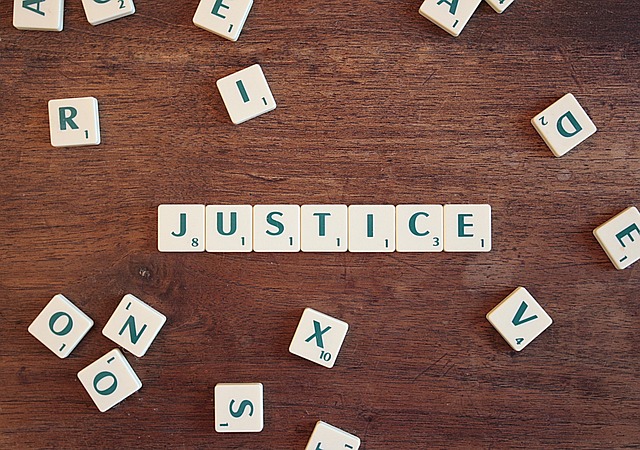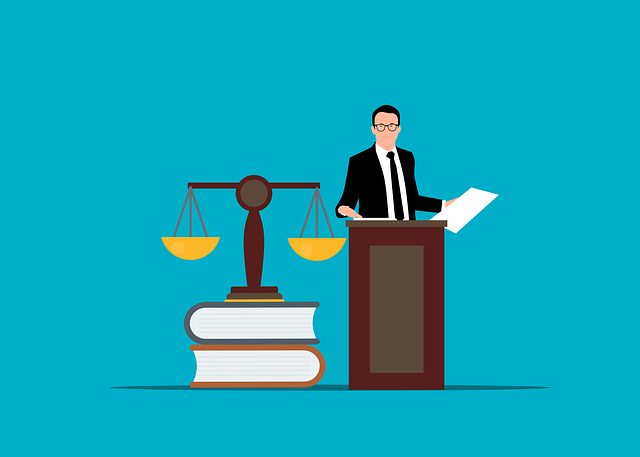Litigation Support Services, driven by advanced technologies, play a critical role in ensuring fair and just legal proceedings, especially regarding Sixth Amendment Rights in Court. These services encompass document management, evidence handling, and trial preparation. Expert witnesses are vital for complex cases, their unbiased analysis swaying court outcomes. Today, technology is transforming court operations, with innovative tools enhancing efficiency and accessibility. Litigation Support Services professionals must adhere to stringent ethical standards to protect rights, maintaining transparency, confidentiality, and impartiality. This modern approach reshapes the legal landscape, aiming for fairness and integrity, including potential charge dismissals.
“In the intricate landscape of legal proceedings, Litigation Support Services (LSS) play a pivotal role in ensuring justice is served efficiently. This comprehensive guide explores the multifaceted world of LSS, from the crucial role of expert witnesses in safeguarding Sixth Amendment rights to the transformative impact of technology in modern courtrooms. We delve into the ethical considerations that underpin these services, offering best practices for professionals navigating this dynamic field. Understand the key factors shaping access to justice in today’s legal landscape.”
- Understanding Litigation Support Services: A Comprehensive Guide
- The Role of Expert Witnesses in Protecting Sixth Amendment Rights
- Technology in the Courtroom: Enhancing Access to Justice
- Ethical Considerations and Best Practices for Litigation Support Professionals
Understanding Litigation Support Services: A Comprehensive Guide

Litigation Support Services play a pivotal role in ensuring that legal proceedings are fair and just for all parties involved. These services encompass a wide range of activities designed to aid attorneys and their clients, from document management and electronic discovery to expert witness coordination and trial preparation. By leveraging advanced technologies and methodologies, litigation support professionals help navigate the complexities of modern courtrooms, aligning with fundamental principles like the Sixth Amendment Rights in Court.
Understanding these services is crucial for both legal practitioners and clients. For his clients, it means ensuring that all evidence is properly handled and presented, reducing the risk of unintended consequences or, worse, an avoided indictment. Respecting the respective business interests while adhering to legal ethics and protocols, these support services foster a robust and transparent litigation process. This comprehensive guide aims to demystify these essential practices, enabling better-informed decision-making in the legal landscape.
The Role of Expert Witnesses in Protecting Sixth Amendment Rights

In high-stakes cases where Sixth Amendment rights are at play, expert witnesses emerge as pivotal actors in ensuring a fair trial. These individuals, with specialized knowledge and expertise in various fields, can significantly impact court proceedings by providing unbiased analysis and testimony. Their role is not merely to offer professional insights but also to safeguard the constitutional rights of the accused, which includes the right to a swift and public trial, effective assistance of counsel, and protection against self-incrimination.
Expert witnesses play a crucial part in navigating complex legal scenarios, especially when dealing with scientific, medical, or technical evidence. By presenting their findings and methodologies clearly, they assist judges and juries in understanding intricate matters. This is particularly vital in cases where the outcome may lead to a complete dismissal of all charges, thereby influencing the respective business interests and liberty of the individuals involved.
Technology in the Courtroom: Enhancing Access to Justice

In today’s digital era, technology is revolutionizing the way courts operate, ensuring a more efficient and accessible justice system. The integration of innovative tools has become indispensable, especially in litigation support services. By employing cutting-edge software and data analytics, legal professionals can navigate complex cases with enhanced precision and speed. This technological advancement benefits both corporate and individual clients, enabling them to present compelling arguments and make informed decisions.
The use of advanced technology not only streamlines the courtroom process but also reinforces the Sixth Amendment Rights in Court. It allows for meticulous case preparation, thorough evidence analysis, and effective communication of legal strategies. With an unprecedented track record of successful challenges and defense verdicts, these modern practices have proven to be game-changers, reshaping the legal landscape and ensuring a fairer system for all.
Ethical Considerations and Best Practices for Litigation Support Professionals

Litigation Support Services professionals play a critical role in ensuring fairness and integrity within the legal system. Ethical considerations are paramount, especially given the high-stakes nature of many cases. These experts must adhere to stringent ethical standards to protect the rights guaranteed by the Sixth Amendment, particularly when dealing with sensitive information and complex legal matters. Transparency, confidentiality, and impartiality are fundamental principles that underpin their work.
Best practices dictate that these professionals maintain a strict separation between personal and professional boundaries. This includes refraining from sharing confidential client data within philanthropic or political communities, as it could compromise the integrity of ongoing cases. Moreover, continuous education on legal updates and ethical guidelines is essential to navigate the intricate landscape of litigation support, ensuring their contributions remain valuable and unbiased in pursuit of justice, especially when aiming for a complete dismissal of all charges.
Litigation Support Services play a pivotal role in ensuring fairness and accessibility within the legal system. By combining expert knowledge, cutting-edge technology, and ethical practices, professionals in this field safeguard Sixth Amendment Rights in Court. From facilitating efficient evidence analysis to providing unbiased expert testimony, these services revolutionize the way justice is served. Embracing technological advancements while adhering to strict ethical guidelines ensures a modern, accessible, and equitable legal landscape for all.






